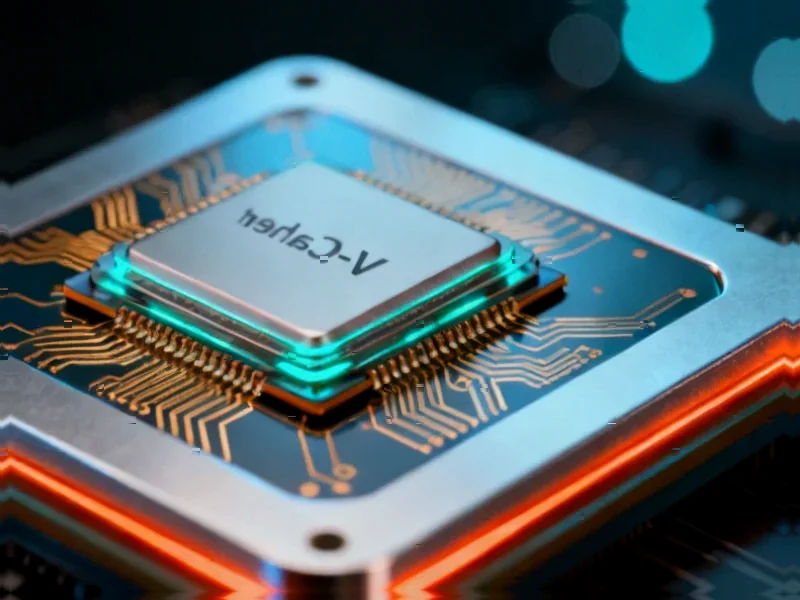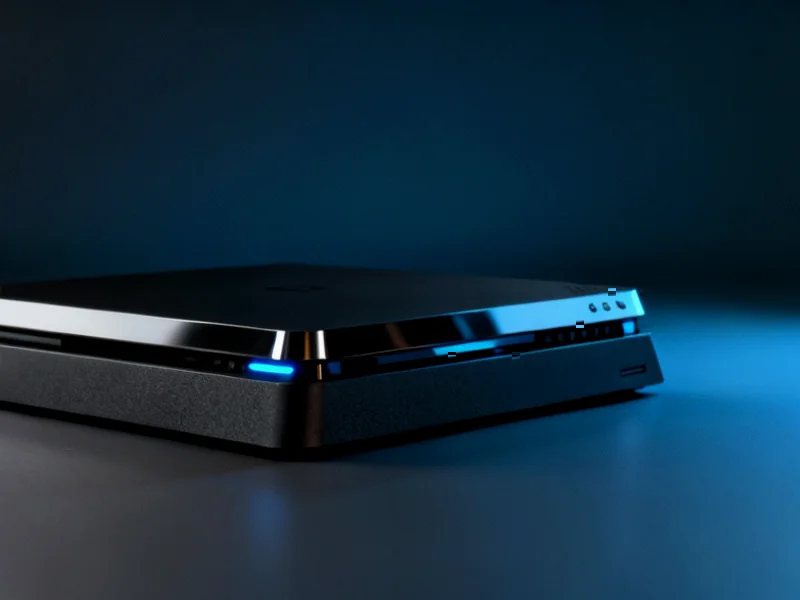According to PCWorld, AMD’s client processor business hit a record $2.8 billion in Q3 2025, with desktop CPU sales reaching all-time highs. CEO Lisa Su told analysts that desktop CPU sales set records thanks to strong demand for Ryzen 9000 processors, with AMD gaining almost 10 percentage points of market share since last year. The company’s overall Client and Gaming segment reached $4 billion in revenue, slightly behind the data center business at $4.3 billion. AMD’s total Q3 revenue grew 36% year-over-year to $9.2 billion, with net income up 31% to $1.243 billion. Interestingly, analysts didn’t ask a single question about the PC business during the earnings call, focusing entirely on AI and data center performance.
The quiet revolution
Here’s the thing that’s fascinating about AMD’s position right now. While everyone’s obsessed with AI chips and data center revenue, AMD is steadily eating Intel’s lunch in the PC market. They’ve gained nearly 10 percentage points of market share in just a year? That’s massive in an industry where shifts typically happen at glacial speeds.
What’s even more surprising is Su mentioning that Ryzen notebooks “increased sharply” during the quarter. Intel has traditionally maintained an 80-20 split in notebooks, which is their strongest fortress. If AMD is making real inroads there too, we’re looking at a fundamental reshaping of the PC processor landscape. Basically, Intel is getting squeezed from all sides.
The console conundrum
AMD’s semi-custom business got a holiday boost from Microsoft and Sony ramping console production, but there’s a catch. The company expects gaming revenue to decline by “strong double digits” after the holiday season. That cyclical nature of console sales creates this rollercoaster effect that makes consistent growth challenging.
And let’s talk about the GPU side for a second. They mentioned Radeon 9000 and FSR4 technology supporting over 85 games, but it feels like they’re playing catch-up while NVIDIA dominates the conversation. The PC CPU success is carrying a lot of weight right now.
What comes next
So where does AMD go from here? Su said she expects to “continue growing our client business faster than the overall PC market.” That’s ambitious, but given their current momentum, it’s not unrealistic. The Ryzen portfolio seems to be hitting all the right notes across gaming, productivity, and content creation.
The real question is whether they can maintain this growth while also competing in the AI arms race. Being pulled in multiple directions has tripped up many chip companies before. But right now, AMD seems to be managing the balancing act pretty well. Their PC business is quietly becoming a powerhouse while everyone’s looking elsewhere.




